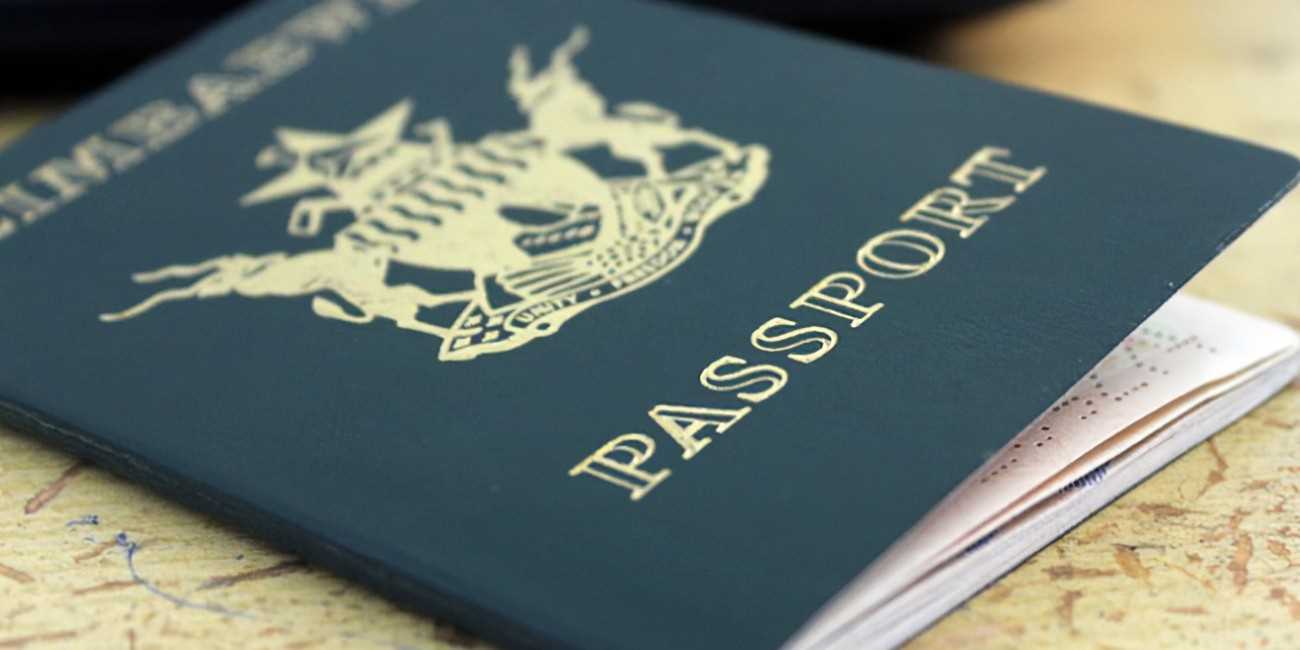
Philemon Jambaya
Government has issued more than 650 000 electronic passports since the launch of the programme in December 2022.
The launch of the electronic passports in December 2022 has proven to be a game-changer in the country’s capacity to issue modern travelling documents that match international standards.
According to statistics from the Registrar General’s Office, to date more than 650 000 e-passports have been issued while seven provincial centres and six district centres have since been opened as part of the decentralisation process.
Related Stories
“So far, we have issued 656 000 e-passports to our citizens. We have also done decentralisation of issuing centres. We have now decentralised to provincial centres and other districts unlike before. For example passports are now being issued in places like Hwange, Beitbridge, Zvishavane and Murehwa. Our 100-day project is also Chipinge which we expect to complete by mid-August. After Chipinge we go to Chiredzi,” explained Registrar-General, Henry Machiri.
Home Affairs and Cultural Heritage Minister, Kazembe Kazembe says e-passports have brought efficiency, with the country having cleared its passport backlog of over 200 000 applicants.
“We had backlog so the introduction of the e-passport and decentralisation has assisted in clearing the backlog, there is efficiency. Remember we had people who would sleep in queues, but that is now history. Also the turnaround time is now seven days regardless of where you are applying from. We have an ultimate objective of making people apply even online in the comfort of their homes,” he said.
An e-passport is a machine readable electronic travel document with an integrated circuit chip and encrypted data that stores biographical information of the passport holder.
Production of e-passports started soon after government entered into a Built Operate Transfer arrangement with a Lithuanian company Garsu Pasaulis to produce passports that meet international standards



















Leave Comments